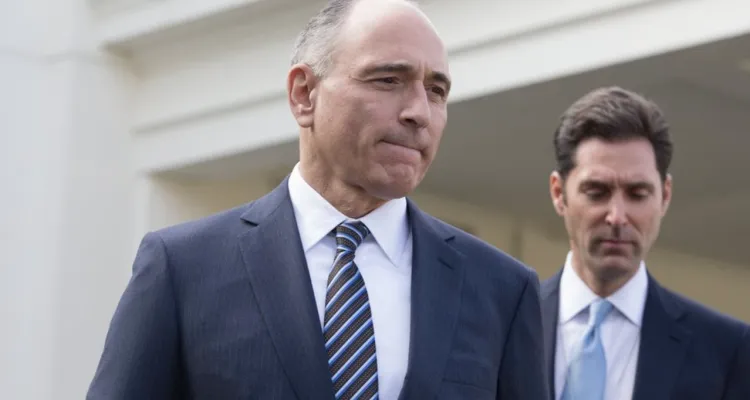
Tagesanzeiger, Disruptive technologies and digitalisation, their impact on executive search
Erik Wirz of Wirz & Partners in an interview with Tagesanzeiger
The change in leadership at Novartis also represents a generational shift. The 58-year-old Joe Jimenez is stepping down and the 41-year-old Vasant Narasimhan is taking over. Leading one of the world's largest pharmaceutical companies at the age of 41 - what does that mean for Narasimhan? And what does it mean for Novartis?
In the Swiss corporate landscape, Narasimhan is almost an exception. This was revealed in last year's report by headhunter Guido Schilling. The average age of Swiss CEOs is 53. The CEOs of the 30 largest companies have an average age of 54. Board members are even older, with an average age of 59.
Narasimhan does indeed belong to a different generation than most board members, says Guido Schilling. He does not see a general trend towards rejuvenation at the top. "I suspect that Narasimhan's predecessor and the board have been grooming him as a successor for some time. They seem convinced that he embodies the values of Novartis and will deliver good results, regardless of his age.
A signal to the outside world?
Headhunter Erik Wirz finds it "remarkable" that a traditional company like Novartis would appoint such a young successor as CEO. One can only speculate about the specific motivation of the pharmaceutical company. In general, companies often want to send a message with such appointments. "Business models are undergoing significant changes due to digitalisation and disruptive technologies, including in the pharmaceutical industry. When a company rejuvenates its leadership, it also signals that innovation and dynamism are important to it."
A young CEO often brings less experience in communications and crisis management, says Wirz. "There is also the issue of acceptance: Will other managers accept being led by a CEO who is significantly younger than them?" Whether the generational change at the top will transform the entire company is questionable, according to Wirz. "It usually takes a long time for such a large organisation to change fundamentally."
Five years in Basel
Narasimhan has spent a significant part of his career at Novartis. He joined the pharmaceutical giant in 2005, two years before his predecessor Jimenez. The fact that the new CEO comes from within the company rather than from outside is the norm in Switzerland: According to the Schilling report, 71% of CEOs were with the company before their appointment.
Before joining Novartis, Narasimhan was a consultant at McKinsey. He currently heads Drug Development and is a member of the Executive Committee. He studied biology at the University of Chicago, medicine at Harvard Medical School and public policy at Harvard University's Kennedy School of Government. During his studies, Narasimhan became interested in health issues in developing countries, according to Novartis. As a physician, he has a "sincere, human perspective and concern for the company's mission and values". The new CEO has lived in Basel with his wife and two children for the past five years.
